Xi Jinping visits the Mao Zedong Memorial Hall to pay his respects. (online image)
[People News] July 1st marks the official birthday of the Chinese Communist Party (CCP). Since its founding in 1921, the CCP has had 12 leaders, including the current one, Xi Jinping. The previous 11 leaders all met unfortunate ends. History has repeatedly proven that dictators are doomed to tragic outcomes. We can also look to the fate of other countries’ dictators for reference. In his 2000 historical novel The Feast of the Goat, contemporary Peruvian author Mario Vargas Llosa takes inspiration from the real-life assassination of Dominican Republic dictator Rafael Trujillo. Trujillo ruled the nation through terror and a cult of personality for 31 years. In the end, this notoriously lecherous dictator not only lost his sexual ability and became incontinent, but was ultimately assassinated by the opposition, shot in the head. The Feast of the Goat is one of Vargas Llosa’s most acclaimed works, ranked second in the “Top 100 Spanish-Language Novels (1982–2007),” just after Love in the Time of Cholera.
On May 31, 1961, Trujillo, who dubbed himself the "Benefactor of the Nation" and Marshal, was assassinated. Vargas Llosa masterfully weaves historical facts with fiction, vividly portraying the assassination plot and life under Trujillo’s 31-year dictatorship. The novel captures the white terror imposed on the public, the constant surveillance by secret police, and a society gripped by fear and mutual suspicion. It shows how people evolved from passive participants to silent conformists, and even, absurdly, mourned the dictator after his death.
Trujillo’s inner circle, on the surface, appeared loyal but in truth used that loyalty as a tool for advancement. Betrayal became a means of survival. Under the dictator’s control, individuals—from puppet presidents to parliamentary leaders and military generals—lost all moral judgment and personal autonomy. When these “trusted aides” finally awoke from their status as tools, their first hatred was directed at the tyrant who dehumanised them.
During Trujillo’s rule, the economy was in shambles. There were severe material shortages, factories closed, and massive unemployment. Despite the hardship, the Trujillo family continued to amass enormous wealth through ruthless exploitation.
Both domestic and international tensions escalated internal conflicts among the Dominican elite, spawning various opposition factions. One such group formed a seven-man assassination team to plan the dictator's murder. Ironically, all the would-be assassins had once been beneficiaries of Trujillo’s regime.
On the night of May 31, 1961, while en route to meet his mistress, Trujillo’s car was ambushed, and he was gunned down by the assassination squad.
Who was Trujillo, as depicted in The Feast of the Goat?
Trujillo’s obsession with sex, violence, and control starkly contrasts with his inner vulnerability and loneliness, giving the historical figure a more complex and humanised portrayal in the novel.
He was notoriously lecherous, taking countless lovers regardless of their consent. He insisted on sleeping with the wives of his subordinates to assert who the “real master” was.
Toward the end of his life, Trujillo developed an embarrassing medical condition: his prostate betrayed him. Though driven by lust, illness rendered him impotent; despite his obsessive cleanliness, incontinence reduced his refined appearance to a pathetic illusion. These conditions—impotence and incontinence—symbolised the collapse of both his body and regime. He still controlled everything—except his bladder. Just like his crumbling authority.
In reality, Trujillo outlawed all opposition parties and made the Dominican Party the only legal one. Every adult citizen was required to join and donate 10% of their salary to the national treasury as "party dues." Members had to carry identification cards bearing a palm tree; without them, one could be arrested as a spy.
To celebrate his “benevolence,” the capital city was renamed Trujillo City, San Cristóbal Province became Trujillo Province, the nation’s highest peak was renamed Trujillo Peak, and thousands of roads, monuments, and landmarks were given his name. Car license plates bore slogans like “Long Live Trujillo!,” “Father of the New Nation,” and “National Saviour Trujillo.” Churches even displayed banners reading, “God in Heaven, Trujillo on Earth.”
Just like in the novel, in reality, on May 31, 1961, Trujillo was ambushed and shot to death while riding in his car. The dictator who had ruled the Dominican Republic for three decades finally met his fate.
Now, let’s return to China, another authoritarian regime. The fates of CCP leaders are evident to all. The first CCP leader, Chen Duxiu, was expelled from the Party and died in poverty and illness. The second and third leaders, Qu Qiubai and Xiang Zhongfa, were executed by the Nationalist government. The fourth, Gu Bo, died in a plane crash. The fifth, Zhang Wentian, was persecuted during the Cultural Revolution and died of a heart attack. The sixth, Mao Zedong, lost one son in the war, another went insane; his wife, Jiang Qing, was sentenced to life imprisonment and committed suicide in jail. The seventh, eighth, and ninth leaders—Hua Guofeng, Hu Yaobang, and Zhao Ziyang—were all ousted and became sacrificial victims of the CCP system.
The tenth leader, Jiang Zemin, was guilty of at least three major crimes: 1. Serving as the top protector of deeply corrupt Party and military officials. 2. Being the greatest traitor in contemporary Chinese history. 3. Orchestrating the persecution of Falun Gong, including ordering the live organ harvesting of Falun Gong practitioners. While alive, Jiang Zemin was the most notorious of all retired top leaders worldwide. He was sued by Falun Gong practitioners in dozens of countries and accused by over 210,000 people in real-name complaints submitted to China's Supreme Court and Procuratorate.
Hu Jintao, the eleventh CCP leader, was essentially a puppet during his ten-year term, constantly humiliated by Jiang. On October 22, 2022, during the CCP's 20th National Congress, Xi Jinping publicly humiliated Hu by having him forcibly removed from the assembly in front of international media.
Xi Jinping, the current leader, has yet to meet his end, but can he avoid the tragic fate that seems to befall all dictators? Italy’s Corriere della Sera recently released a special edition titled Red Prince Xi Jinping, distributed across newsstands. The publication explores Xi’s family background and rise to power, and claims that Xi has survived “what could have been 100 attempts” on his life during internal Party strife.
But can he survive the 101st? Or the 102nd?
(First published by People News)


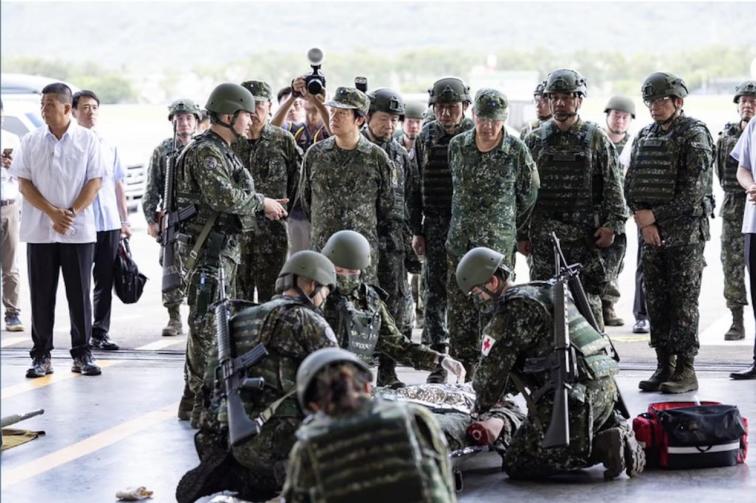
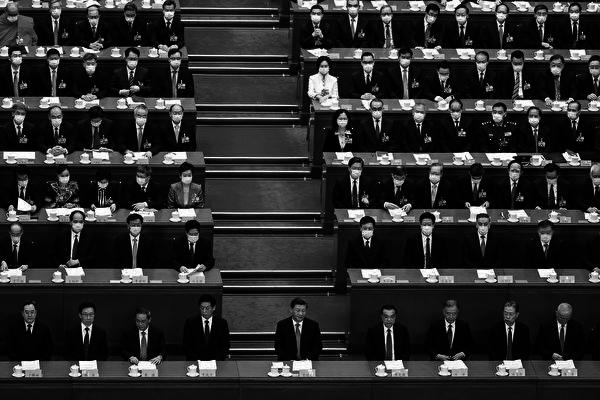

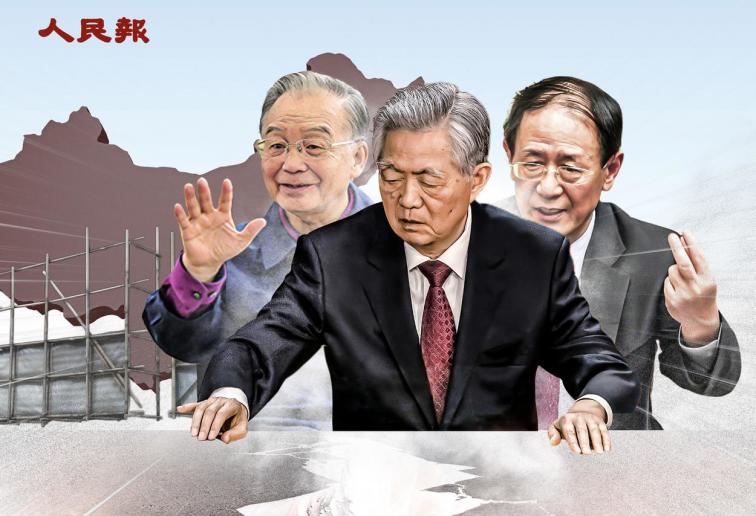
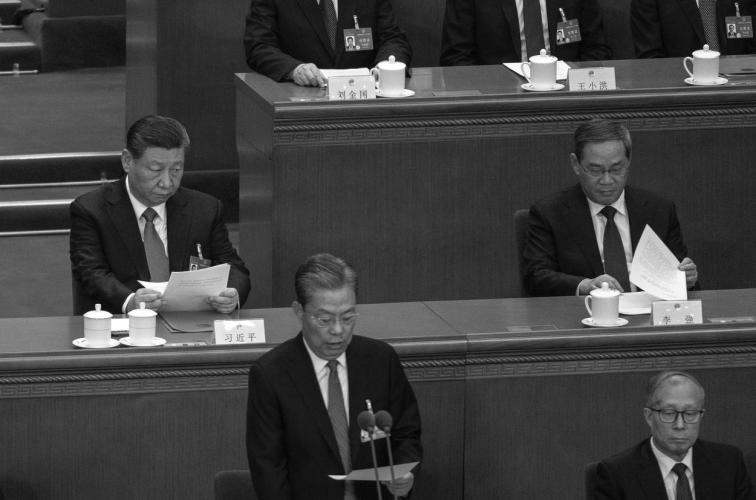
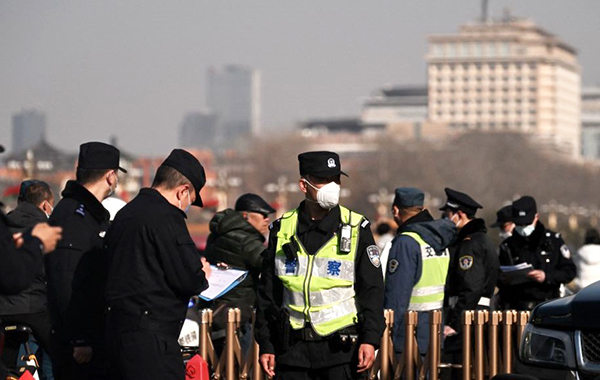


News magazine bootstrap themes!
I like this themes, fast loading and look profesional
Thank you Carlos!
You're welcome!
Please support me with give positive rating!
Yes Sure!